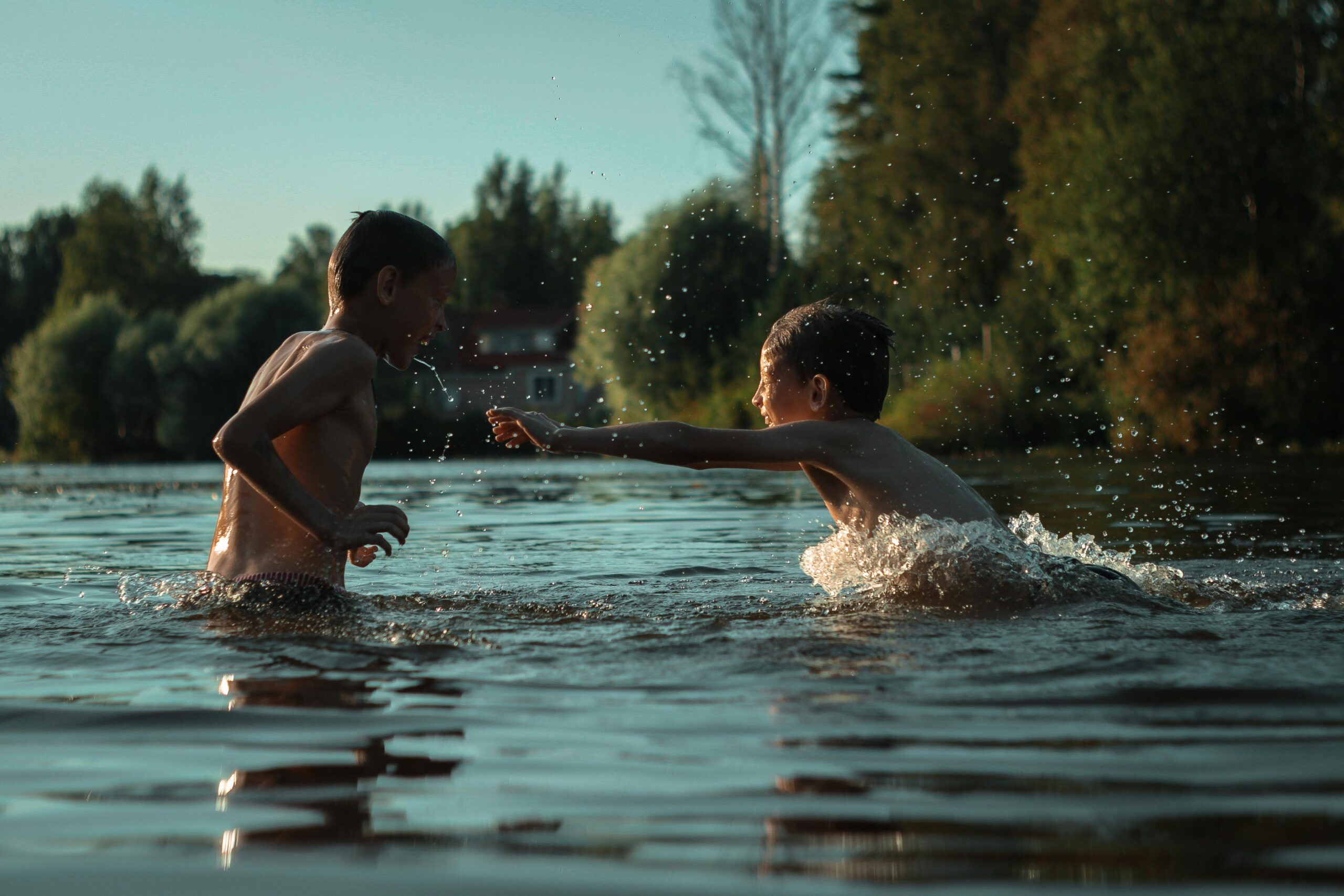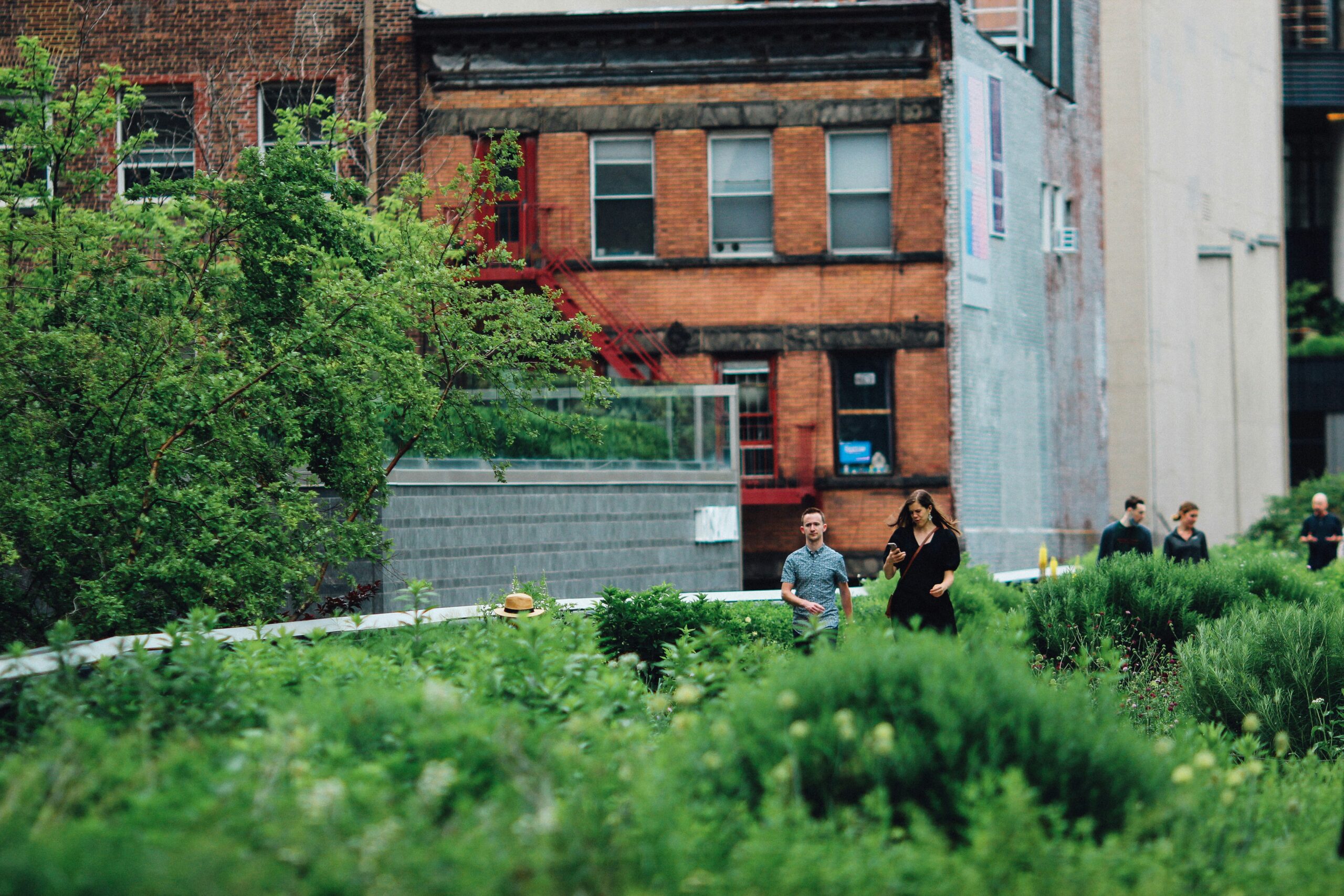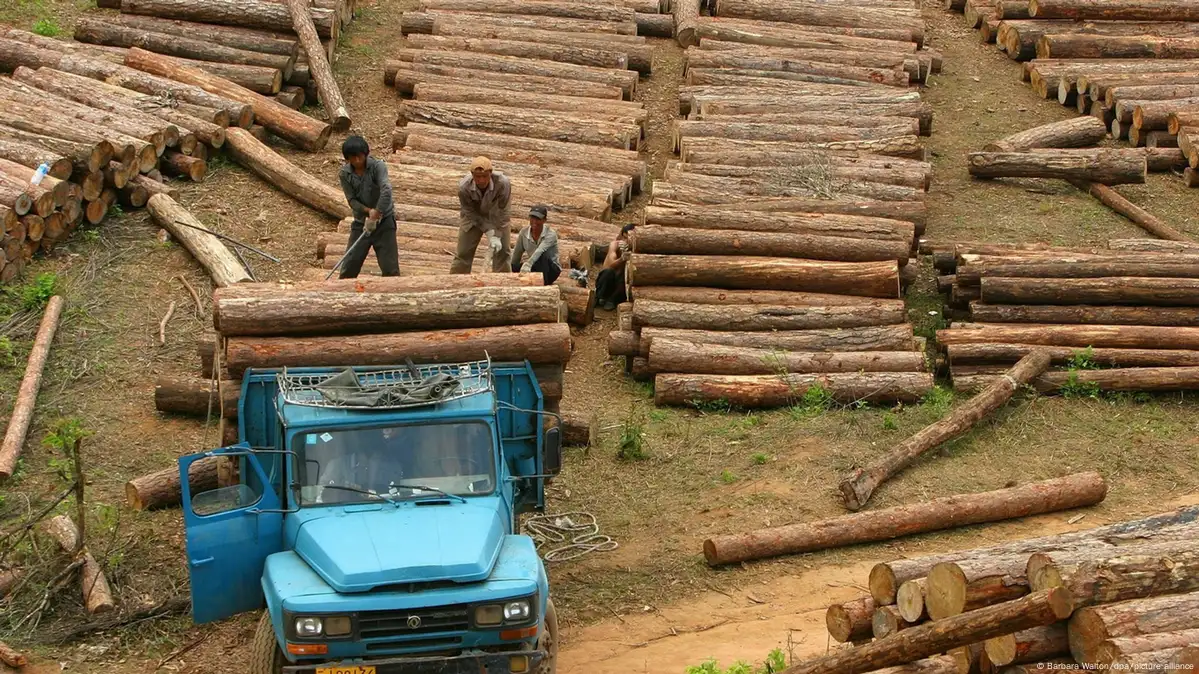What a year!
In June 2020, building on a rich science-policy history with our partners, Hot or Cool Institute officially became a public interest, not-for-profit organisation. So what’s our report card so far? Our team celebrates the first year in operation by quickly looking back at some of our initiatives together with fantastic individuals, partner organisations and donors.
In our first year the Hot or Cool Institute is already a key actor in the Sustainability world. We have worked with parts of the European Commission, the United Nations, several national governments, leading research institutes and think tanks, and have had clear impacts on multiple platforms to raise the ambition level towards evidence-based actions.
The first 1.5-Degree Lifestyles report by the Hot or Cool network of scientists set the tone for our partnerships – pushing the boundaries of policy and solutions design through practical, science-based approaches.
The 2021 version of the 1.5-degree lifestyles report, to be published in the autumn, explores the difficult question of fair and equitable distribution of our remaining carbon budget. The report will highlight that how we use the remaining 1.5C carbon budget is essentially an issue of rationing. Based on this perspective, the report will explore what a fair and rational allocation of this limited and rapidly shrinking budget might look like.
We have contributed to the UN Environment Programme Emmissions Gap Report 2020, with our research forming the basis for the low-carbon lifestyles chapter 6 “Bridging the gap – the role of equitable low-carbon lifestyles”. Our work has informed major donors working on behaviour change, including the widely covered report by the Cambridge Sustainability Commission on Scaling Behaviour Change, funded by the KR Foundation. We are also supporting the lifestyles component under the Global Opportunities for SDGs (GO4SDGs) funded by the government of Germany and led by UNEP. We led the Compass Festival: Sustainable + Equitable Living – a collaborative, interactive event for practitioners, researchers, and funders working at the cutting-edge of ambition on sustainable and equitable lifestyles – in partnership with Forum for the Future, One Earth, Climate Outreach, and the Rapid Transition Alliance.
Our approach is being used by our colleagues in exciting projects such as ZOE Institute´s Policy Pathways towards 1.5 Degree Lifestyles, working with EU policymakers to create policies that support sustainable living, and with Utrecht University and One Earth on the IMAGE Sustainable Lifestyles project, ensuring that the exciting potential sustainable lifestyle changes are incorporated in Integrated Assessment Modelling.
Together with One Earth, Hot or Cool is leading the Beacon for Sustainable Living. There is an urgent need for us to transform our ways of living and the focus within this project is on the communication of individual and community wellbeing within planetary boundaries. It views the need for transformation as an opportunity to enable meaningful living in a just society.
Hot or Cool is applying that experience to the European context, where it is now co-leading, with Muenster University, a consortium project funded by the EU Horizon 2020 program, aptly titled “EU 1.5_Degree Lifestyles”. Great partners: Universiteit Leiden, Lunds Universitet, Universidade da Coruna, Adelphi, Greendependent Institute, D-mat, Zaļā brīvība, and European Research Services.
With our partners at the Institute for Global environmental Strategies, Hot or Cool is Envisioning Future Low-Carbon Lifestyles and Transitioning Instruments – working with citizens and households to co-create pathways to sustainability in countries across the world. In this project, the potential of lifestyle changes towards climate change mitigation is demonstrated. Citizen workshops and household experiments are being held in Brazil, India, South Africa, Thailand, and Japan to serve as case studies.
Joining forces with the United Nations Environment Programme, Hot or Cool is targeting young change makers by developing a course on Sustainable Living, namely the Sustainable Lifestyles Action Academy. The academy offers both cutting-edge science and practical training, so young change-makers can gain the knowledge, skills and experience they need to serve as catalysts for Sustainable Living through online learning and in-person group assignments.
We are honoured and excited to see how others have brought the 1.5 Degree Lifestyles analysis to life. Bold experimenters in different parts of the world have shown that living a 1.5-degree lifestyle is possible and enjoyable – as well as highlighting the most challenging areas where we need support from our policy makers, institutions and businesses. Rosalind Readhead in London lived for a year with a 1 ton carbon budget and helpfully documented her calculations, references and reflections. She also created the fantastic phrase “carbon freebies” – all of those valuable aspects of living that can easily be low-carbon, including friendship, time in nature, dancing and playing acoustic music, local sport, idling and growing your own food!
Based in Canada, Lloyd Alter has been experimenting with living at the 2030 target of 2.5 tons of household consumption emissions and has written a hugely entertaining and though-provoking book about his experience, as well as the systemic shifts we need to advocate for in order to make this way of living possible for everyone. Jean-Christophe Mortreux was inspired by the 1.5 Degree Lifestyles report to develop the Climate Cook app, enabling people to choose a 1.5-Degree compatible diet.
Hot or Cool strives to translate scientific information into practical actions and building spaces for science-society-policy dialogue. We have developed a methodology for engaging multiple stakeholders and push forward the agenda on challenging topics that call for individual as well as systems change. This includes how we change our food and mobility systems, as well as the way we produce, buy, and use our clothes in ways that are compatible with a healthy planet. The Difficult Conversations: Empowering Solutions approach is designed to overcome barriers for applying scientific knowledge into people’s daily lives and into decision-making. Each conversation starts from a scientific research on the topic; it challenges participants to design ambitious targets for policy, business, and society; and ends with a set of practical actions to implement. We are expanding the arena of policy debate, giving voice to the youth, and disruptors and influencers, recognising and respecting their active role in societal change.
Hot or Cool’s work puts people and science at the centre of the sustainability transition. We respect traditional scientific and policy disciplines, and also recognise their limitations when it comes crafting solutions beyond the traditional breakdown. And so we operate a space where people and ideas from different backgrounds collaborate towards the same purposes: a word of equitable opportunity and shared prosperity within ecological limits.
It has been a wonderful year, one in which we have faltered more times than we planned, and received more support from partners than we envisioned.
We cannot thank you enough.
What a year!





